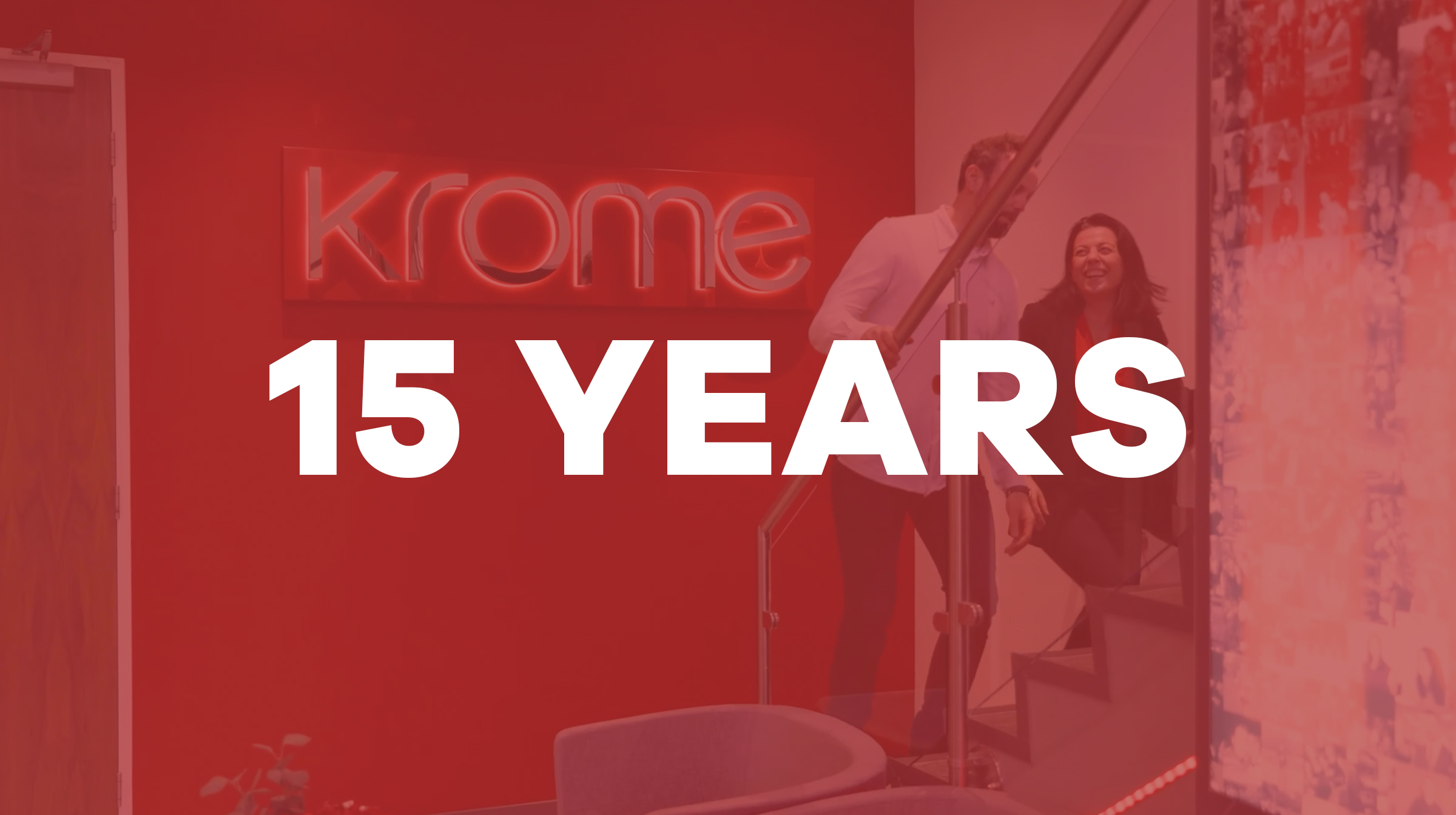Jack Gilbert at CRN talks to Krome’s Commercial Director Sam Mager for his views on IT Public Sector Frameworks
Krome was approached by channel industry publication CRN for comment on whether Public Sector Frameworks have now become less relevant in the industry, and whether they are creating monopolies for bigger resellers in the channel which do not always offer the best value for customers.
Gilbert reports that according to some in the channel, the government IT framework system is, realistically, only open to the biggest resellers while smaller specialist players are left out; the possible outcome being that customers don’t always receive the best service. As a result, many smaller partners are looking at alternatives such as subcontracting. Conversely, some believe this system to be “antiquated” while other resellers have dropped out of frameworks altogether.
An alternative method that customers and resellers use to avoid the limitations of frameworks is through subcontracting or “primers” as they are often called. This is where a reseller partner who is not on the required framework will go through all the prior engagement, including the scoping, evaluation and design process with a customer, but the order will be placed through another reseller which is on the public sector framework, and that reseller will agree to take one or two per cent of the margin for processing the order.
Sam Mager, Director at Dell partner Krome Technologies, said it “doesn’t seem fair” for resellers in the middle to “make money for paper shuffling”.
“I think subcontracting shows the limitations because customers need to look outside the people on the framework to fill their requirements. At the moment, because of short response times coupled with the huge bidding resources of the larger players of the channel, public sector frameworks are “almost a monopoly,” for the big resellers,” he added.

Mager said that frameworks should be a “revolving door” or a fluid system on which resellers that demonstrate a certain level of profitability, growth and accreditation are allowed. If a reseller falls outside those parameters – by losing accreditation, for example – it should be removed from the framework until it gains it back. This would give customers a greater level of choice and allow resellers who are focused and experts in specific vendor’s access to the frameworks, he said.
“At the moment they have to go out to 10 broadliners, and are they going to end up with the best service? No. That is where frameworks fall down, in my opinion. The frameworks are antiquated and have not kept up with the way intellectual property has evolved.”
To read the full article on Public Sector Frameworks please visit www.channelweb.co.uk. Please note that you will be required to set up a channel web login to view the article in its entirety.
Further Information
Or contact us directly on 01932 232345
Want to know more?
Contact us today to explore how our tailored solutions can align with your business priorities.
Join our Krome community



